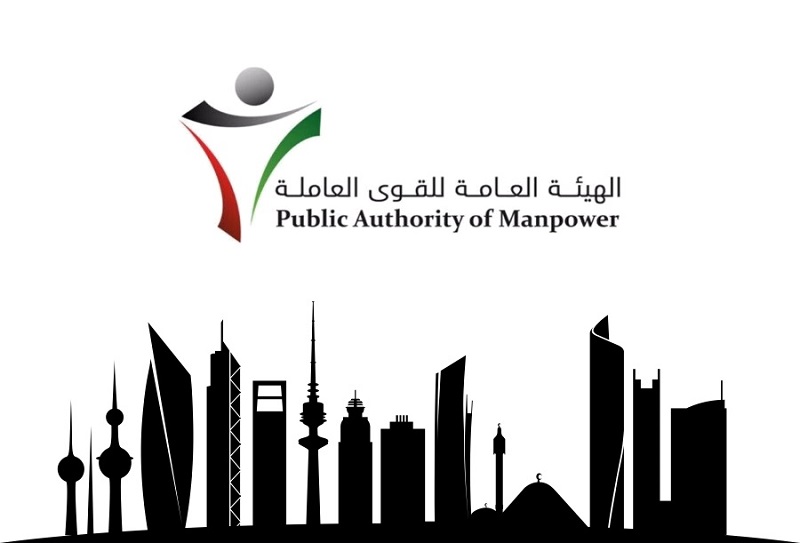In a significant development for the workforce in Kuwait, the Public Authority for Manpower (PAM) has announced that it is in the process of drafting guidelines for employees in the private sector to work part-time. This decision aims to provide greater flexibility and work-life balance for individuals, allowing them to pursue other interests or responsibilities alongside their employment.
According to a source from PAM, all processes related to part-time work will be automated and conducted through officially approved PAM programs. These programs include “easier service,” “easy application,” and the Authority’s website, making it convenient for employees to navigate the procedures involved.
To apply for part-time work, employees will need to complete a form available on the PAM website. This form must be filled out online and requires the approval of the employee’s sponsor, as well as subsequent endorsement from their second employer. This ensures that all parties involved are aware of and consent to the arrangement.
It is important to note that the decision to allow part-time work has been in effect since the beginning of the current month. However, the guidelines being developed by PAM will provide a clear framework for both employees and employers to follow, ensuring that the process is transparent and in compliance with the law.
Once the guidelines are finalized, they will be presented to the Minister of Interior for approval. This step is crucial in ensuring that the regulations surrounding part-time work align with the overall labor laws and regulations of Kuwait. It demonstrates the government’s commitment to maintaining a fair and balanced working environment for all employees.
The introduction of part-time work in the private sector reflects a growing trend worldwide, as companies recognize the benefits of offering flexible working arrangements. This decision by PAM acknowledges the changing needs and aspirations of the workforce, providing individuals with the opportunity to pursue personal interests or take on additional responsibilities outside of their regular employment.
By automating the process and utilizing online platforms, PAM aims to streamline the application and approval process for part-time work. This not only saves time and effort for employees but also ensures that the procedures are standardized and accessible to all.
It is worth noting that the guidelines being developed by PAM will take into account local laws, customs, and practices. This ensures that the regulations surrounding part-time work are in line with the cultural and legal context of Kuwait. By contextualizing the guidelines, PAM aims to create a framework that is both practical and relevant for employees and employers in the country.
In conclusion, the introduction of guidelines for part-time work in the private sector in Kuwait is a positive step towards promoting work-life balance and flexibility for employees. The efforts by PAM to automate the process and provide clear guidelines demonstrate the government’s commitment to creating a fair and transparent working environment. This decision aligns with global trends in flexible working arrangements and recognizes the changing needs of the workforce. As the guidelines are finalized and presented for approval, it is expected that part-time work will become a viable option for individuals in Kuwait, allowing them to pursue their professional and personal aspirations simultaneously.
Source: TimesKuwait








